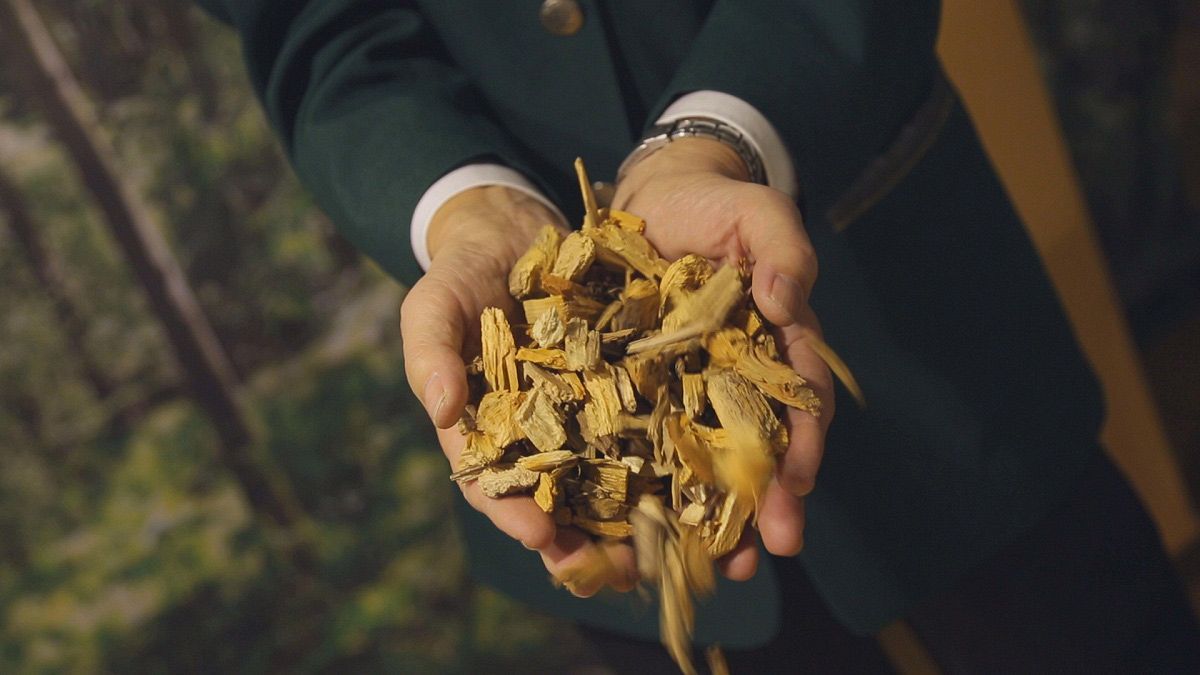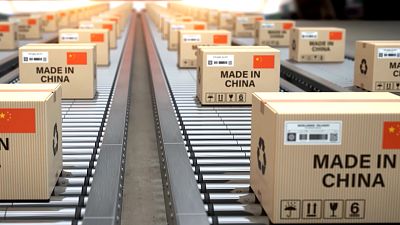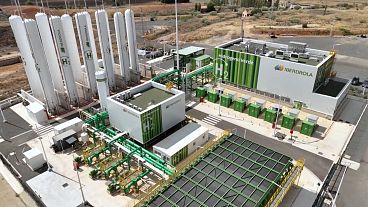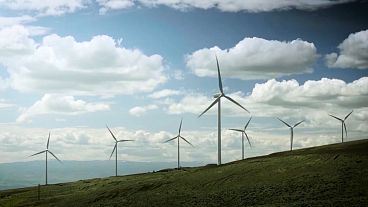Everyone has heard of business clusters, where interconnected companies join forces in order to boost performance.
The Austrian town of Graz is an example with its cluster specialised in green technology. It’s the most efficient in the world, with 6,000 jobs created in the past five years alone.
KWB is one of Europe’s leading companies in biomass heating. It produces machines that run on granules, wood chips or logs. Using wood reduces a heating bill by half. KWB joined the cluster in 2005. In the past eight years, it has grown from 100 to 400 employees, and turnover has doubled, reaching nearly 75 million euros in 2012.
“The cluster provides us with an ideal platform to meet new partners, to stay in touch with innovation, and to bring out new products into the market,” says KWB’s co-founder Erwin Stubenschrott.
Each year, the company invests 10 percent of its turnover into research and development. It’s an investment which benefits the entire cluster.
“The cluster provides us with opportunities to find new partners, it gives us a wider perspective and helps us make the right decisions to find the products of the future,” says Erwin Stubenschrott.
This cluster includes 160 companies. It is one of the few to have obtained the European Cluster Excellence Initiative Gold Label.
The companies within the cluster enjoy an average growth rate of 18 percent, nearly twice the market average. This is thanks to the services the cluster provides to help them put in place the right strategies, obtain funding and of course innovate in the field of green technology.
“For example, Eco World Styria is helping one company develop a new solar thermal collector that is nearly invisible on the roof. And we also helped companies develop the first solar, thermally-cooled wine in the world,” says Bernhard Puttinger, General Manager of the Eco World Styria cluster.
Founded in 2005, Eco World Styria is not limited to the European market. The cluster has clients around the world.
“The companies in our cluster export nearly 90% of their goods to the international markets. That is why we started early on to cooperate with international clusters like Denmark, Singapore, China or the United States,” says Bernhard Puttinger.
Erwin Stubenschrott has this advice for any company thinking of joining a cluster:
“The keys to success for a company which is part of a cluster are openness, honesty, and you must be prepared to be actively involved in the cluster.”




